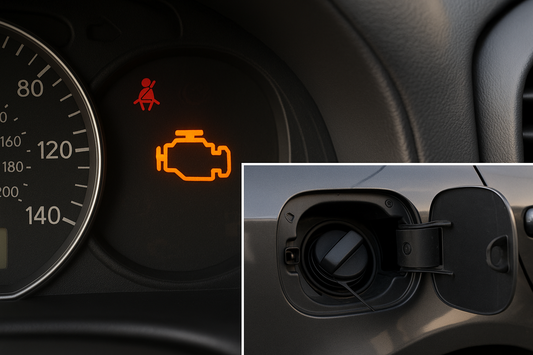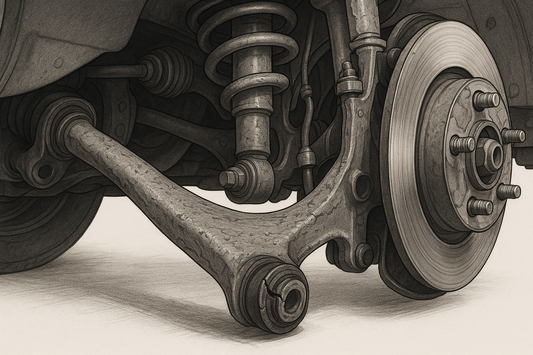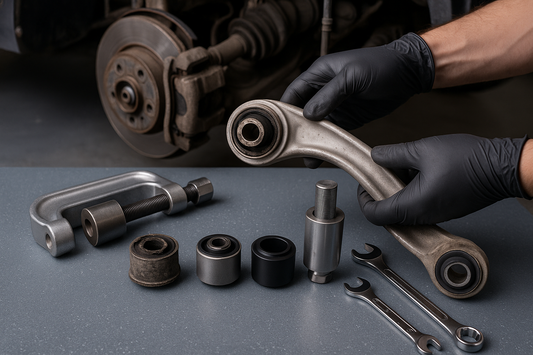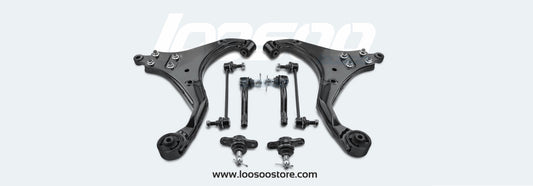Brake pads are a crucial component of any vehicle, providing the necessary friction to slow down and stop the vehicle. However, one common complaint associated with brake pads is the dust they generate. This brake dust can accumulate on the wheels and even spread to the body of the vehicle, causing unsightly stains and oxidation. So, which brake pads create less dust? Keep reading to find out.
Choosing Brake Pads for Less Dust
Ceramic brake pads are known to create the least amount of dust compared to other types of brake pads. They are recognized for their low-dust formula, making them a popular choice for those looking to minimize brake dust buildup on wheels and car paint. When considering brake pads for a vehicle, ceramic brake pads are often recommended for individuals seeking a cleaner and less dusty braking solution.

Minimizing Brake Dust - The Factors at Play
The amount of dust created by brake pads is determined by several factors. Some of these factors include the material composition of the pads, the type of friction material used, and the wear condition of the pads. Let's explore these factors to understand which brake pads create less dust.
Material Composition
Brake pads are made from a variety of materials, including organic, semi-metallic, and ceramic friction materials. Organic brake pads are typically softer and tend to create more dust due to wear. On the other hand, semi-metallic and ceramic pads tend to be harder and produce less dust. Ceramic pads, in particular, have a low coefficient of friction, reducing wear and tear on the brake system, resulting in less dust production.
Friction Material
The friction material used in brake pads also plays a role in dust production. High-performance friction materials are designed to provide consistent stopping power while minimizing wear and tear on the brakes. These materials often have a lower coefficient of friction, reducing heat buildup and wear, which in turn leads to less dust production.
Pad Wear
The condition of the brake pads also affects dust production. New brake pads typically produce more dust as they break in. As the pads wear in, the dust production typically decreases. However, if the pads are excessively worn, they may start to grind against the brake rotor, creating more dust. It's important to replace brake pads before they reach this point to maintain optimal performance and minimize dust production.
When choosing brake pads that create less dust, consider the material composition, friction material, and wear condition. Ceramic and semi-metallic pads tend to produce less dust due to their hardness and low coefficient of friction. Additionally, look for high-performance friction materials that are specifically designed to reduce dust production. Finally, ensure that your brake pads are in good condition and replaced regularly to maintain optimal performance and minimize dust production.










